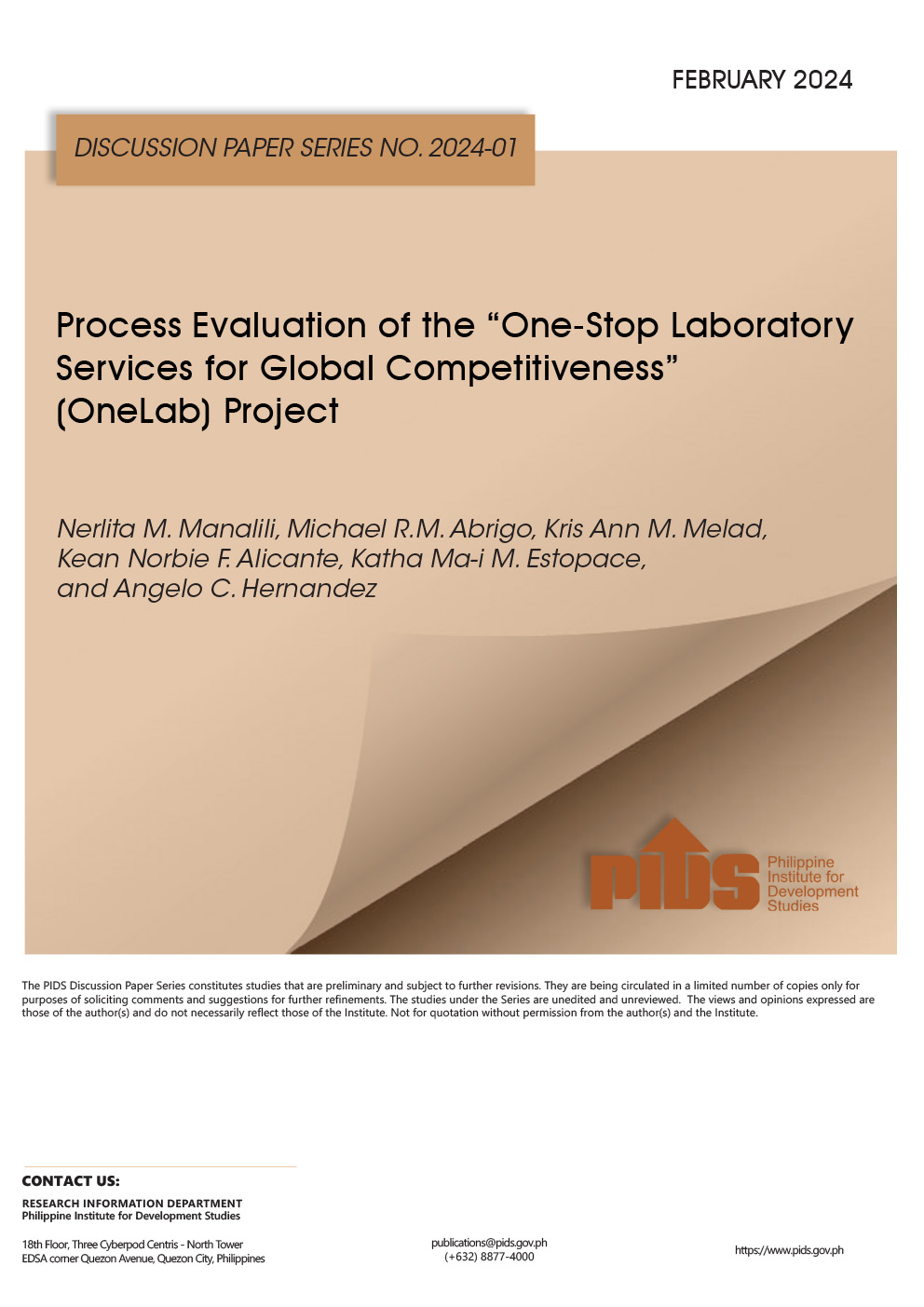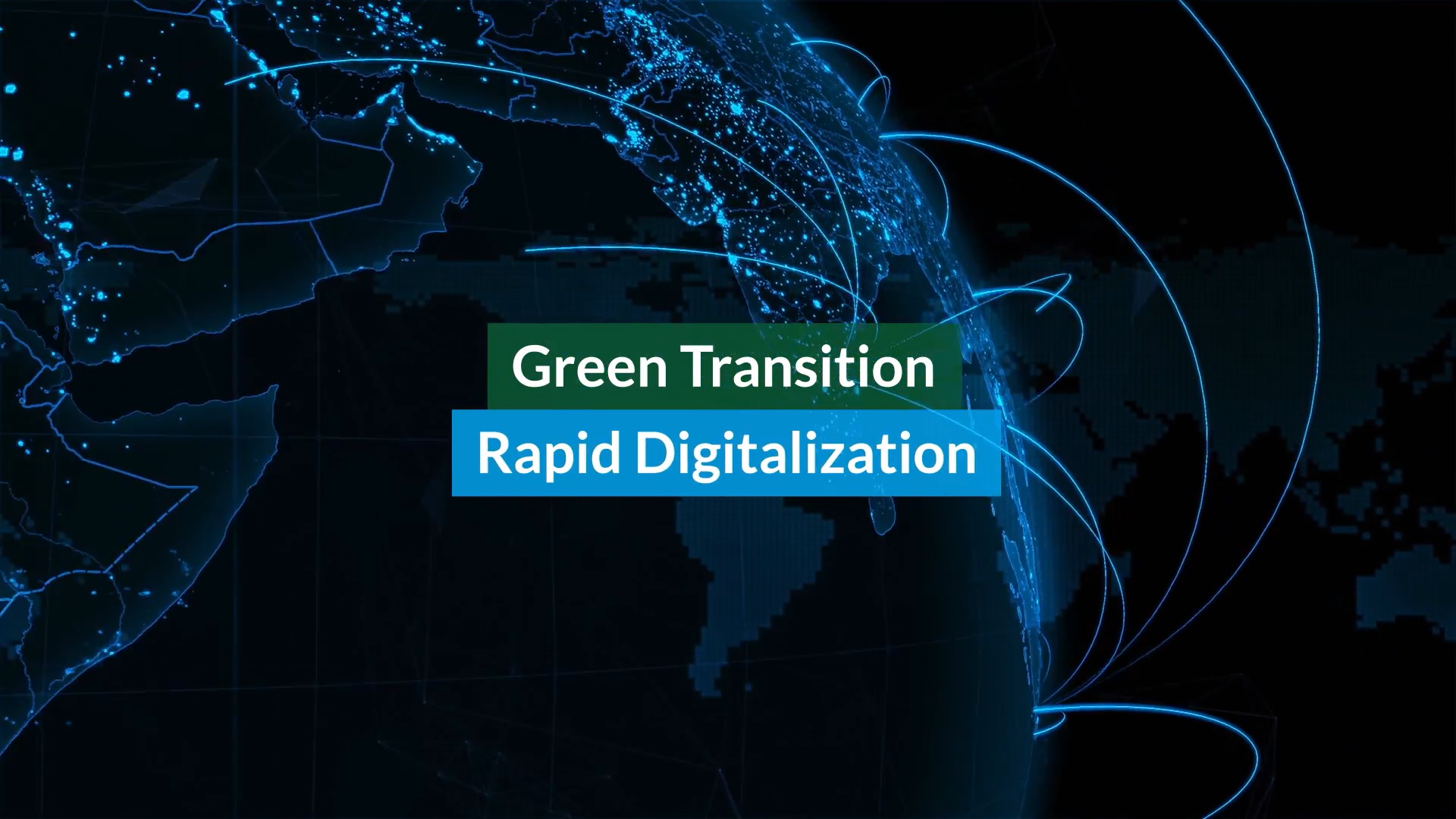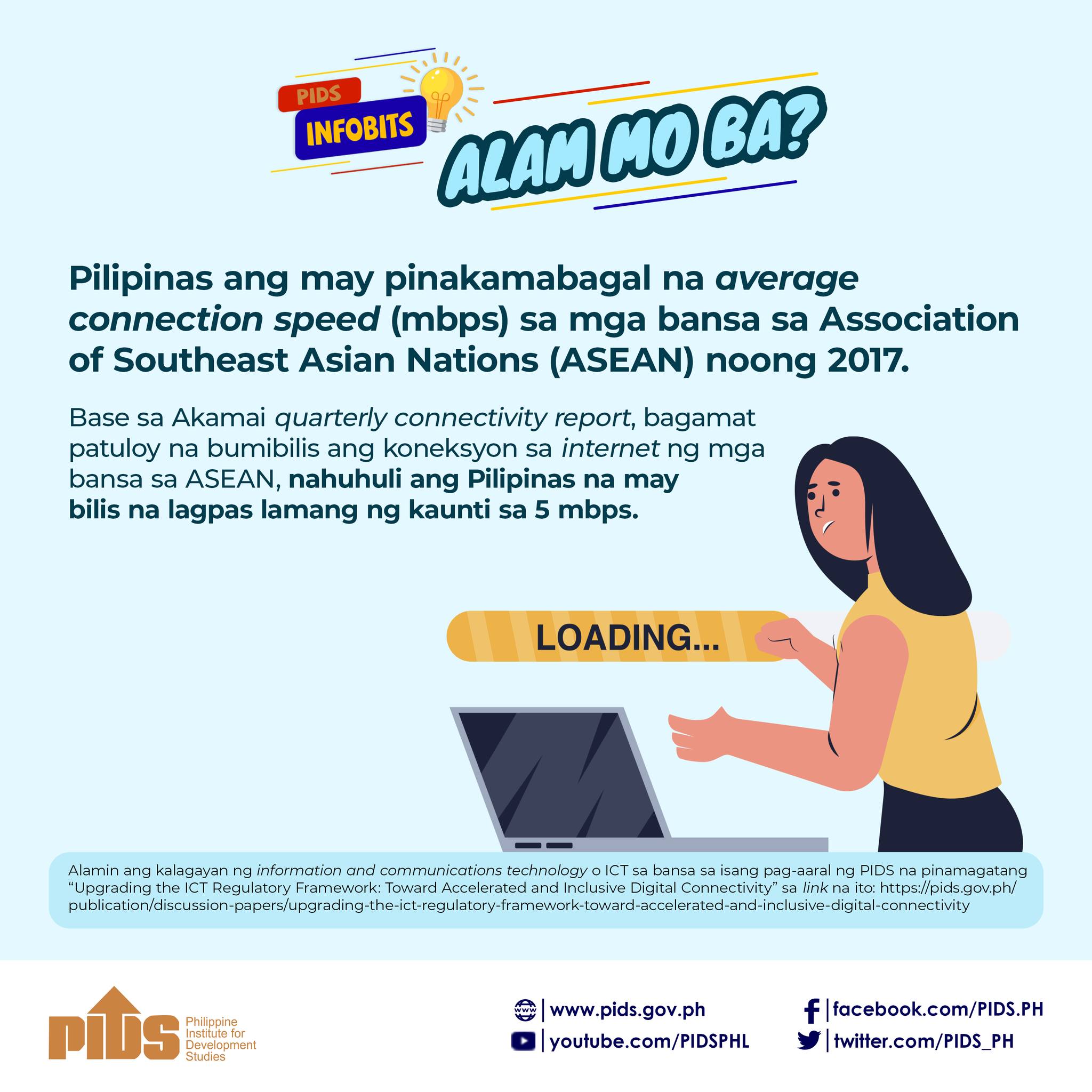While significant policy changes have been introduced in the country’s information and communications technology (ICT) regulatory environment, more reforms are necessary to achieve inclusive and accelerated digital connectivity, according to a preliminary report released by the Philippine Institute for Development Studies (PIDS).
The PIDS discussion paper titled “Upgrading the ICT regulatory framework: toward accelerated and inclusive digital connectivity” said the priorities include reforming the licensing regime, formulating a spectrum policy and plan and reinventing the National Telecommunications Commission “to ensure regulatory independence.”
“Across different metrics, the ICT performance of the Philippines remains subpar compared to Asean members and other countries at the same level of development,” the report, authored by PIDS senior research fellow Ramonette Serafica and research specialist Queen Cel Oren, said.
“The quality of the country’s ICT regulatory environment, composed of regulatory authority, regulatory mandate, regulatory regime and competition model, is significantly below what is considered international best practice, consequently impeding the use of various technological solutions available to bridge the gap in digital inequality,” it added.
The report cited several metrics, pointing out that the Philippines falls short of the affordability target for broadband services of less than two percent of monthly gross national income per capita by 2025 set by the United Nations Broadband Commission.
“Moreover, in 2019, only 17.7 percent of Philippine households were connected to the internet. This means that roughly four in every five households in the country are excluded from participating in the digital economy. Furthermore, internet access across regions is also disproportionate,” the report said.
The paper reviewed the overall regulatory environment and identified specific structural issues relating to the regulator, the licensing regime and the radio spectrum management.
“These issues are interrelated and complement each other. For example, regulatory independence cannot be fully achieved unless it is given the sole authority to grant licenses to operate and use radio spectrum. In turn, management of the radio spectrum must be based on a national policy that promotes the greatest socio-economic benefits,” it said.
The report highlighted that the policy recommendations discussed in the paper are not necessarily new, as various studies, as well as the government’s own development and sectoral plans, have already identified the same issues and policy prescriptions, including the specific laws to be amended or repealed, such as the Public Telecommunications Policy Act and the Radio Control Law.
“A separate charter for the regulator may also be needed. These laws were either adopted or last amended before the advent of broadband. Amending or creating laws should aim to speed up the adoption of various technological developments, especially in the rural areas; attract more investment; and enhance the quality service in ICT to bridge the gap in digital inequality,” the report said.












